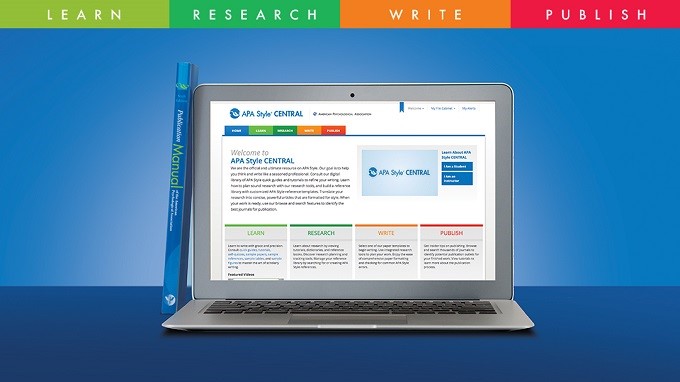The APA Handbooks in Psychology series was launched in 2011 to provide comprehensive overviews and in-depth study of specific subfields within psychology. All of the Handbooks are included in the PsycBOOKS® database, and titles are also available individually.
The series currently contains 26 authoritative titles, including the 2014 CHOICE Outstanding Academic Title, APA Handbook of Sexuality and Psychology.
 The most recent addition to this series is the APA Handbook of the Psychology of Women, edited by Cheryl B. Travis and Jacquelyn W. White and published in October 2017.
The most recent addition to this series is the APA Handbook of the Psychology of Women, edited by Cheryl B. Travis and Jacquelyn W. White and published in October 2017.
As a formal field of study, the psychology of women has pushed the boundaries of traditional theory, produced breakthroughs in methodology, and built links to some of the most challenging problems of our time. It remains an intellectually vibrant and socially relevant area, including initiatives that not only have changed the epistemology of knowledge, but also have expanded our understanding of ourselves and of the world.
Across this two-volume set, chapter authors provide scholarly reviews and in-depth analyses of subjects within their areas of expertise. Themes of status and power inform many chapters.
Volume 1: History, Theory, and Battlegrounds introduces:
- An outline of the emergence of the psychology of women and its connections with the women’s movement;
- Feminist critiques of theory, descriptions of innovative methodologies, and discussions of difference and similarity, both between women and men and between gender and sexuality;
- A review of the social and economic contexts surrounding these issues, as well as the dichotomies sustained by sexism, stereotypes, and prejudice; and
- Chapters that address the uniquely intersecting components of individual experience.
Volume 2: Perspectives on Women’s Private and Public Lives continues with:
- A focus on applied topics, beginning with a section on psychological well-being that incorporates therapeutic models of gender, feminist goals of empowerment, multicultural feminism, and the borderlands of gender identity;
- A discussion of close relationships, including issues of intimacy, equity, and changing models of family;
- A description of victimization and narratives of victimhood;
- An exploration of leadership, community, politics, and women in the workplace; and
- A discussion of women’s roles and agency throughout the world, with special attention given to human rights and reproductive justice.
Visit the APA Handbook of the Psychology of Women web page for more information, including the full table of contents and editor biographies.
PsycBOOKS users on APA PsycNET® (including subscribers to APA PsycNET Gold, Gold Plus, and Platinum), EBSCOhost, Ovid and ProQuest can access the entire series by browsing PsycBOOKS or by performing a title search for a particular handbook.
Institutions also have the option of purchasing handbooks individually. Print only, Electronic only, or Electronic + Print options are available through APA, with electronic access provided via the APA PsycNET® platform. For more information on pricing and availability, please see the APA Handbooks in Psychology institutional purchase page or contact us at quotes@apa.org.

